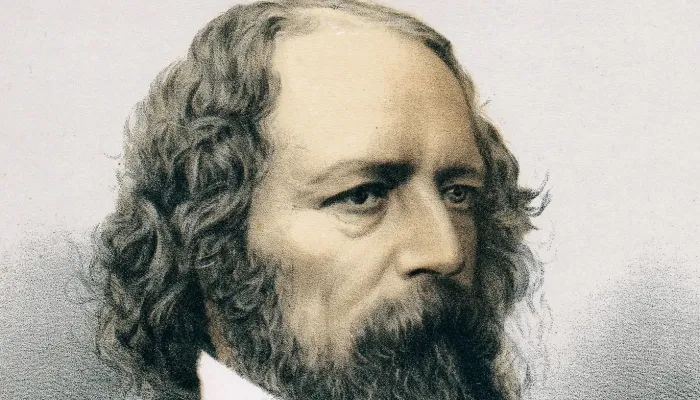Steve Locke
Biography
Steve Locke is a Winnipeg writer, poet, and arts educator. As a winner of titles including Winnipeg Individual Slam Champion and Winnipeg Grand Slam Champion, his honest and engaging spoken word performances have been featured on community and festival stages across the country, including The Victoria Spoken Word Festival, The Canadian Festival of Spoken Word, and locally at the Winnipeg Writers, Fringe, Improv, and Spoken Word Festivals. On the page, his fiction, poetry, and reviews have appeared in The Winnipeg Review, Oratorealis, CV2, Poetry is Dead, and Prairie Fire magazines. His mentorships and youth workshops build community and confidence in self-expression through the written and spoken word. Visit him at stevelockewpg.com.
Micro-interview
Yes! I started to pay attention to song lyrics, reading them in the booklets that came with my favourite albums. I was a fan of Gord Downie's writing in particular. I made the connection between song lyrics and poetry and began to explore some of the classic, famous names like Robert Frost, T.S. Eliot, and W.B. Yeats, and some of the romantic poets mentioned in the film Dead Poets Society.
I think my favourite poem of that time was Eliot's “The Lovesong of J. Alfred Prufrock.” I was beginning to see a difference in how people could choose to iive day-to-day casual lives, and those that were full of meaning. Since then, it's been an anthem, and a personal call to action against being anesthetized, and towards experiencing life to the fullest.
I started writing poetry in my early teens, about the same time that I tried out writing song lyrics. When some of the lines, stanzas, or whole pieces felt too stream of consciousness-like, or just wouldn't work in the structure of a song, I kept them as poems. In some cases, I didn't see much difference between the two, maybe aside from an obvious chorus section.
I had a teacher who encouraged me to keep writing. She saw that I had what I remember her calling an “old soul,” and let me share my work with her once a week during lunch break. It was so important in my development as a writer and as a person to have that support. I've been lucky to establish meaningful relationships with other teachers and mentors who I keep close at hand for when I'm stuck on a piece. They're people who I trust to give honest feedback, but also that encouragement to keep pushing through those personal and creative blocks.
I started thinking of myself as a poet early on, I think. Maybe as soon as I was acknowledged by that teacher in high school. I knew that I would always want, or need to write as a way to cope or understand myself and the world. It would be a bit of a journey before I would think of myself as what you'd call a “professional poet,” but I did recognize then, what writing and reading poetry meant to me as a person. I think it's as much about who you are, as it is what you do - if they aren't the same thing anyway.
I can tell you what my “job” is at least, which is to wring meaning out of my experiences and communicate that mindfully to the audience, using language and voice as a means to establish a connection — or even better — a relationship with my audience.
That mindful part is the important thing: to be aware of how I am interacting with, and taking up space. Then I can begin to understand myself as part of a community, the idea of which can be written for all kinds of spaces, both creative and other.
Once I began to facilitate poetry events and workshops, these ideas grew bigger and bigger. It wasn't just about MY poetry anymore, it was about OUR poetry. Even the poetry from those who haven't written it yet, for themselves.
"War" by Lee Maracle.
Oof, she's fearless.


